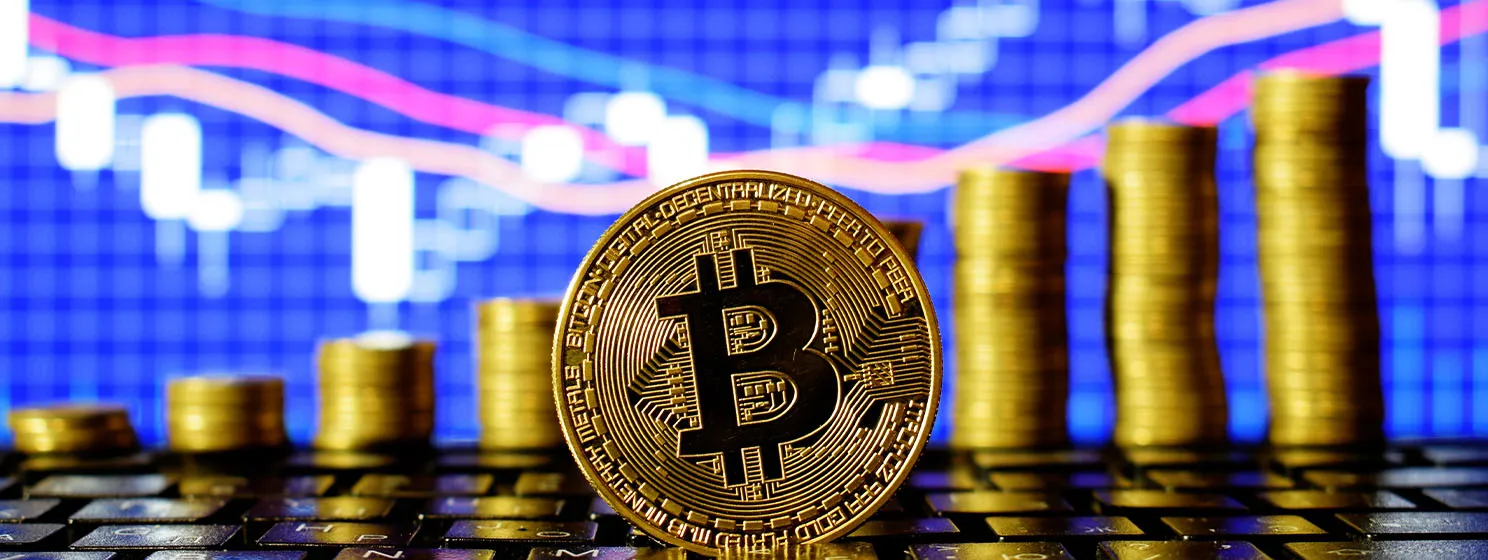|
Getting your Trinity Audio player ready...
|
Sparkassen-Finanzgruppe, a network of savings banks in Germany and Europe’s largest financial services network, plans to offer digital asset trading services for its clients within the following year.
Sparkassen will enable its over 50 million users in Germany and beyond to trade leading digital assets via its mobile app, Bloomberg reports.
The new offering will be managed by DekaBank, a wholly-owned asset manager that handles over $470 billion worth of assets. Speaking to Bloomberg, a DekaBank spokesperson revealed that the group will develop the new product over the course of the next year and intends to launch it by summer 2026.
DekaBank is not new to digital assets. In February, the Frankfurt-based bank introduced ‘crypto’ trading for its institutional clients, two years after it first announced the service. The lender received a digital asset custody license from BaFin and the European Central Bank (ECB). Last year, it issued a digital bond under the ECB’s wholesale digital euro trial.
Sparkassen is Germany’s largest financial services institution and includes 376 local savings banks and six regional public banks. The network manages nearly $3 trillion in assets across banks, insurers, and building societies.
According to the German Savings Banks and Giro Association (DSGV), which oversees the savings banks, the digital asset offering was driven by a rise in customer demand. The EU’s Markets in Crypto-Assets (MiCA) regulatory framework, which took effect in December last year, has also allowed regulated institutions to venture into digital assets, DSGV added.
The new service is a sharp pivot for Sparkassen, which has been anti-digital assets for years. A decade ago, it blocked all digital asset purchases for its customers and, despite industry uproar, stuck to its guns for years.
Since then, its executives have advocated against digital assets, citing volatility and a lack of regulation as the biggest concerns.
Even after announcing the upcoming ‘crypto’ service, the network still issued a warning to its customers who intend to dive into digital assets.
“Our position remains clear: cryptocurrencies are highly speculative assets,” the watchdog, DSGV, reiterated. It added that member banks under the Sparkassen network are prohibited from promoting digital asset products and that they must inform customers about the associated risks, “including the possibility of a total loss.”
While Sparkassen is gradually warming up to digital assets, other German banks are going all out.On Tuesday, Bloomberg reported that Germany’s largest lender, Deutsche Bank (NASDAQ: DB), intends to launch its digital asset custody service next year, partnering with Austrian exchange Bitpanda for its technology. Last September, Commerzbank (NASDAQ: CRZBY) launched a trading and custody service for its corporate clients, while regional bank LBBW announced a similar program earlier in the year.
Kazakhstan to set up national digital asset reserve
Elsewhere, Kazakhstan has announced plans to establish a national digital asset reserve that the central bank will manage.
The new reserve will be initially funded with the digital assets that Kazakh authorities have seized over the years, reports local outlet Kazinform. Assets mined by national institutions will also be included in the reserve. Kazakhstan is home to one of the world’s largest block reward mining industries, ranking third behind the United States and China for BTC hash rate.
Appointing the National Bank of Kazakhstan (NBK) to oversee and manage the reserve is a strategic decision that protects national interests, said Timur Suleimenov, the chairman of the central bank, in a response to an inquiry by legislators.
He added that the reserve would allow Kazakhstan to gain a foothold in the digital asset economy without the associated risks, which include capital flight.
The NBK head called on legislators to formulate laws that would govern how the fund will be managed, who will have the decision-making authority, and when and how the assets can be liquidated.
Beyond the fund, the central bank called on parliament to develop policies that will rein in ‘crypto’ influencers who have been misleading young Kazakhs into risky investments. It also wants a framework that guides the tokenization of traditional financial instruments like stocks and bonds.
Watch: Richard Baker on engineering a smarter financial world with blockchain

 09-06-2025
09-06-2025 





